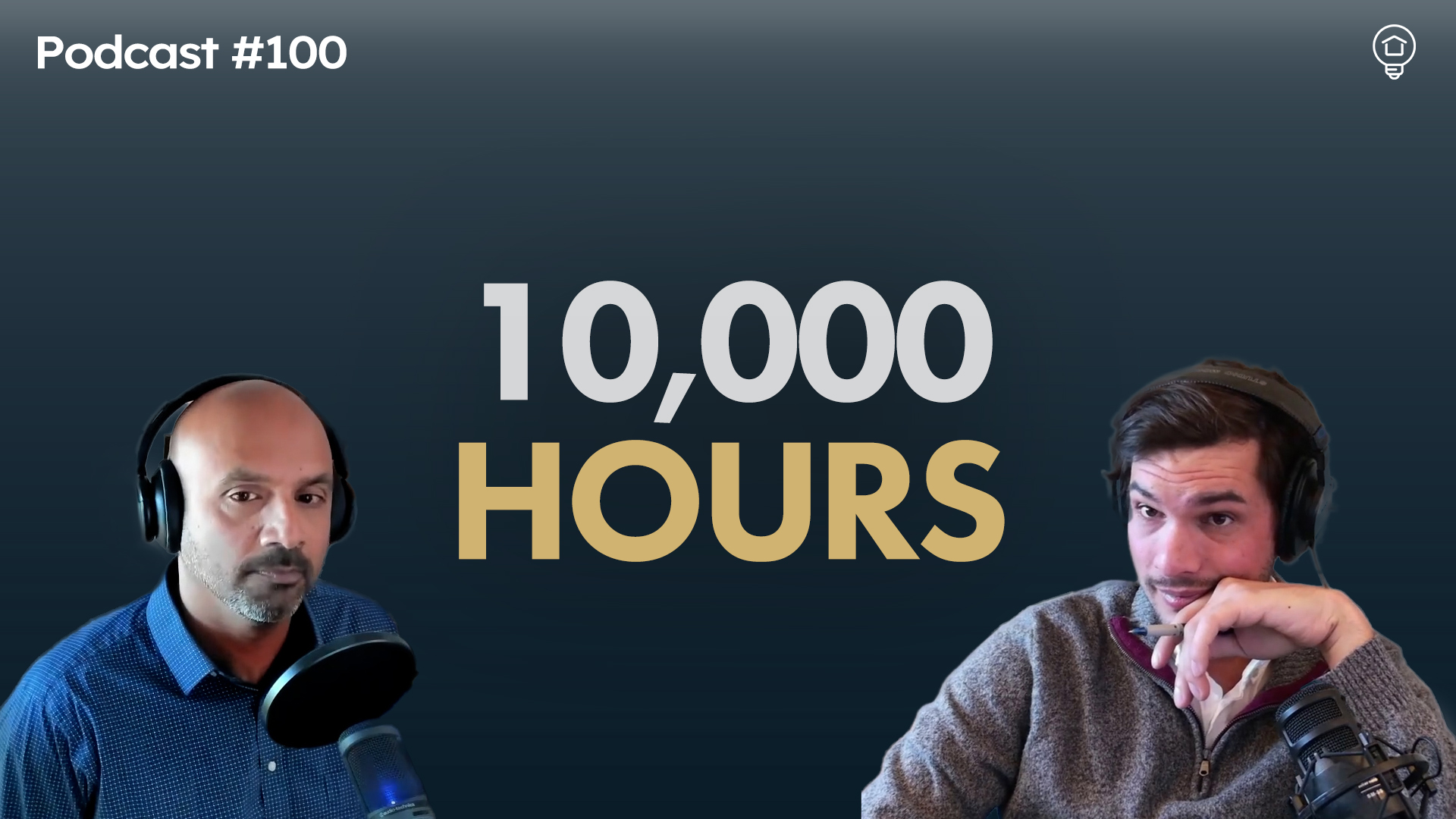Council Set To Massively Increase Taxes on Development
by Osman Parvez

As if the draconian new neighborhood compatibility rules aren’t enough to kill your remodeling plans, Boulder City Council is trying yet another approach.
“Beginning next year, building a new home, an addition or a business in Boulder could cost a lot more if the City Council decides Tuesday to move toward changing the way new development is taxed.”
In addition to excise taxes on development, the new scheme would assess a fee based on… you guessed it, house size.
“For the first time, such fees would be based on the square footage of new residential development and the net additional square footage of residential additions, rather than the current tax structure based on the number of units. Fees for commercial construction would be assessed based on the type of business and its projected impact on city services and growth.”
“If the council likes the idea, Richstone said, it could then use the “freed up” taxing capacity to increase the multi-family and non-residential development excise taxes and establish a new park-land excise tax of $1,060 per single family unit and $737 per multi-family unit.The council will also consider whether to put an issue on the November ballot asking voters to remove the residential component of the Housing Excise Tax, while at the same time dramatically increasing the non-residential component over five years.”
“‘It’s the jobs that are creating a lot of the housing burden,’ Appelbaum said. ‘They (businesses) should be chipping in.'”
“Depending on where the council’s discussion goes, the development taxes and fees on a new single-family house could range from 11 percent to 23 percent more under the proposal. Fees for a multi-family home could increase an average of 17 percent to 38 percent.Commercial development fees could decrease by an average of 5 percent, or increase by as much as 86 percent in the first year, according to a city study.”
—-
Want to get blog updates via email? Click HERE.
Ready to buy or sell? Schedule an appointment or call 303.746.6896.
You can also like our Facebook page or follow us on Twitter.
As always, your referrals are deeply appreciated.
—
The ideas and strategies described in this blog are the opinion of the writer and subject to business, economic, and competitive uncertainties. We strongly recommend conducting rigorous due diligence and obtaining professional advice before buying or selling real estate.
Council Set To Massively Increase Taxes on Development
by Osman Parvez

As if the draconian new neighborhood compatibility rules aren’t enough to kill your remodeling plans, Boulder City Council is trying yet another approach.
“Beginning next year, building a new home, an addition or a business in Boulder could cost a lot more if the City Council decides Tuesday to move toward changing the way new development is taxed.”
In addition to excise taxes on development, the new scheme would assess a fee based on… you guessed it, house size.
“For the first time, such fees would be based on the square footage of new residential development and the net additional square footage of residential additions, rather than the current tax structure based on the number of units. Fees for commercial construction would be assessed based on the type of business and its projected impact on city services and growth.”
“If the council likes the idea, Richstone said, it could then use the “freed up” taxing capacity to increase the multi-family and non-residential development excise taxes and establish a new park-land excise tax of $1,060 per single family unit and $737 per multi-family unit.The council will also consider whether to put an issue on the November ballot asking voters to remove the residential component of the Housing Excise Tax, while at the same time dramatically increasing the non-residential component over five years.”
“‘It’s the jobs that are creating a lot of the housing burden,’ Appelbaum said. ‘They (businesses) should be chipping in.'”
“Depending on where the council’s discussion goes, the development taxes and fees on a new single-family house could range from 11 percent to 23 percent more under the proposal. Fees for a multi-family home could increase an average of 17 percent to 38 percent.Commercial development fees could decrease by an average of 5 percent, or increase by as much as 86 percent in the first year, according to a city study.”
—-
Want to get blog updates via email? Click HERE.
Ready to buy or sell? Schedule an appointment or call 303.746.6896.
You can also like our Facebook page or follow us on Twitter.
As always, your referrals are deeply appreciated.
—
The ideas and strategies described in this blog are the opinion of the writer and subject to business, economic, and competitive uncertainties. We strongly recommend conducting rigorous due diligence and obtaining professional advice before buying or selling real estate.
Share This Listing!
More about the author
Osman Parvez
Owner & Broker at House Einstein as well as primary author of the House Einstein blog with over 1,200 published articles about Boulder real estate. His work has appeared in the Wall Street Journal and Daily Camera.
Osman is the primary author of the House Einstein blog with over 1,200 published articles about Boulder real estate. His work has also appeared in many other blogs about Boulder as well as mainstream newspapers, including the Wall Street Journal and Daily Camera. Learn more about Osman.
Work with
House Einstein
Thinking about buying or selling and want professional advice?
Call us at 303.746.6896
Your referrals are deeply appreciated.













